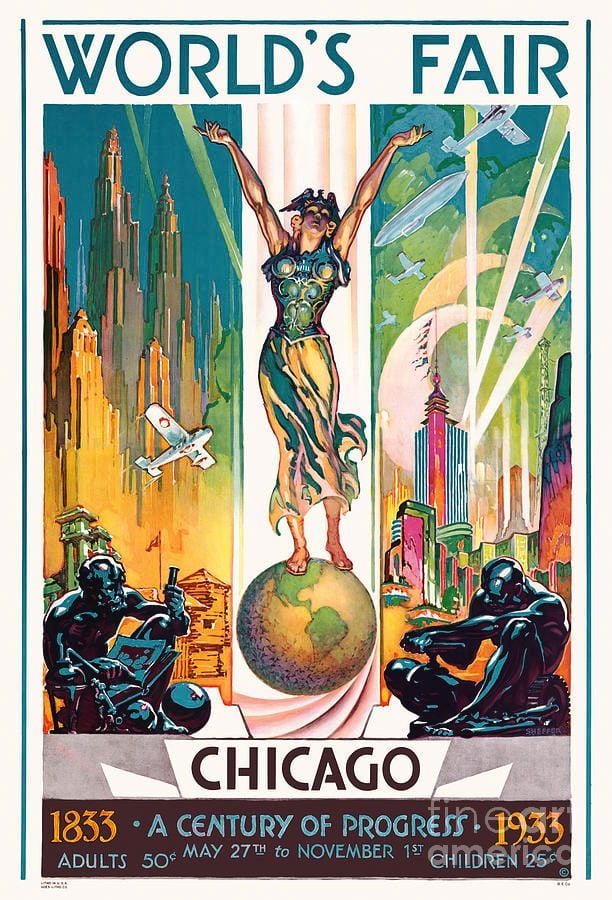this post was submitted on 25 Oct 2024
219 points (97.8% liked)
pics
19624 readers
196 users here now
Rules:
1.. Please mark original photos with [OC] in the title if you're the photographer
2..Pictures containing a politician from any country or planet are prohibited, this is a community voted on rule.
3.. Image must be a photograph, no AI or digital art.
4.. No NSFW/Cosplay/Spam/Trolling images.
5.. Be civil. No racism or bigotry.
Photo of the Week Rule(s):
1.. On Fridays, the most upvoted original, marked [OC], photo posted between Friday and Thursday will be the next week's banner and featured photo.
2.. The weekly photos will be saved for an end of the year run off.
Instance-wide rules always apply. https://mastodon.world/about
founded 1 year ago
MODERATORS
you are viewing a single comment's thread
view the rest of the comments
view the rest of the comments


Do what are the symbols of progress here? The woman in the center seems to be commenting on the progress rather than depicting the progress itself, she she seems to be loving it.
For actual symbols, we have planes, skyscrapers, a fort, a chemist, the world and an engineer.
I can see how all these depict progress, but the fort seems to be overly racist. I can only understand this as the conquest against the native Americans which is depicted positively here. But I guess that's just how people thought back then.
I think the spotlights were indicative of electric powered lights as a sign of progress over the century too
I spy with my little eye: A zeppelin!
imho the best single volume book to understand American racism is 'The Autobiography of Malcolm X.'
Obviously there are books with more historical facts and deeper analysis. But I think the way he depicts his own feelings and observations gives the reader a visceral understanding.
Agin, my opinion.